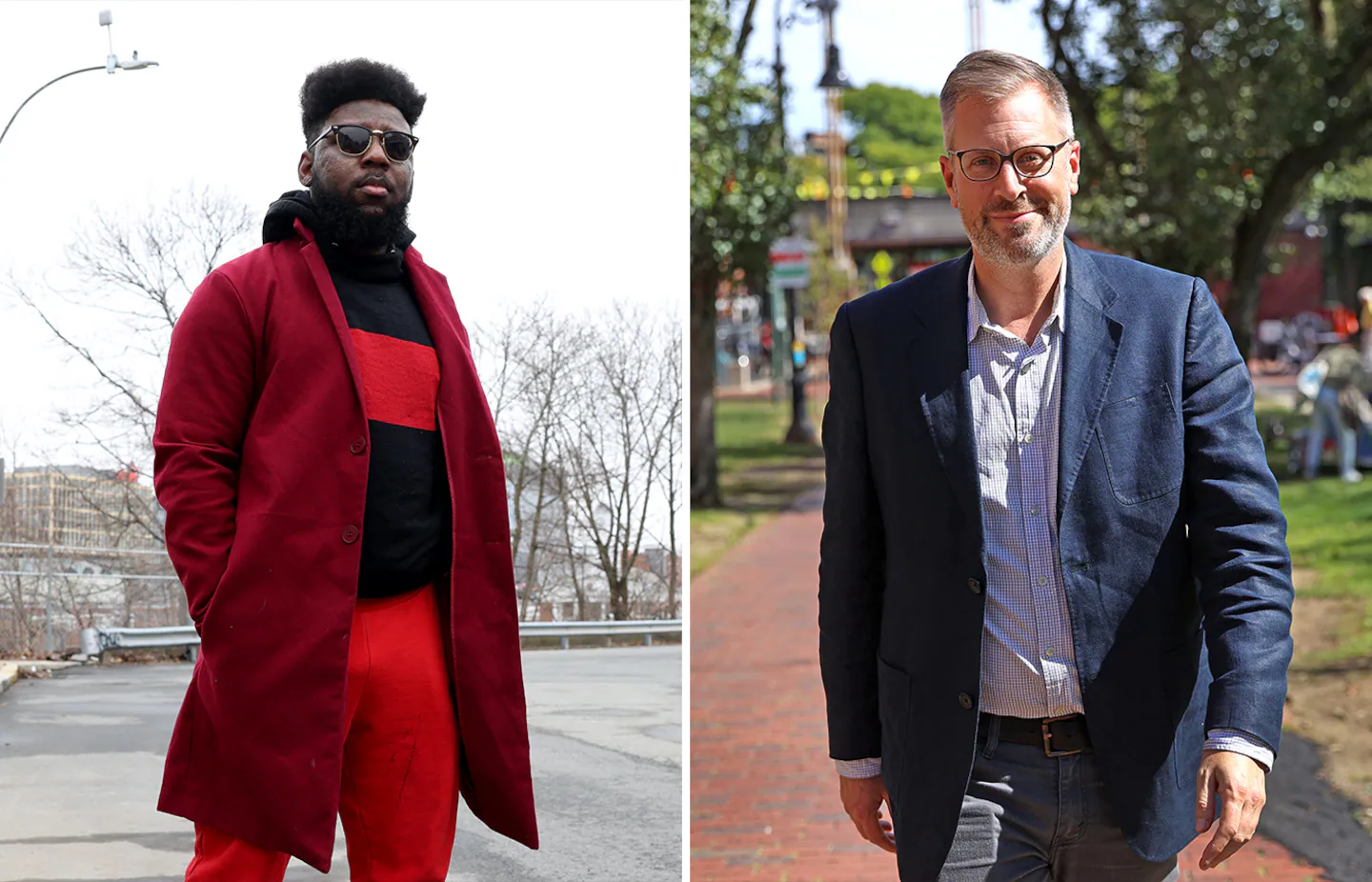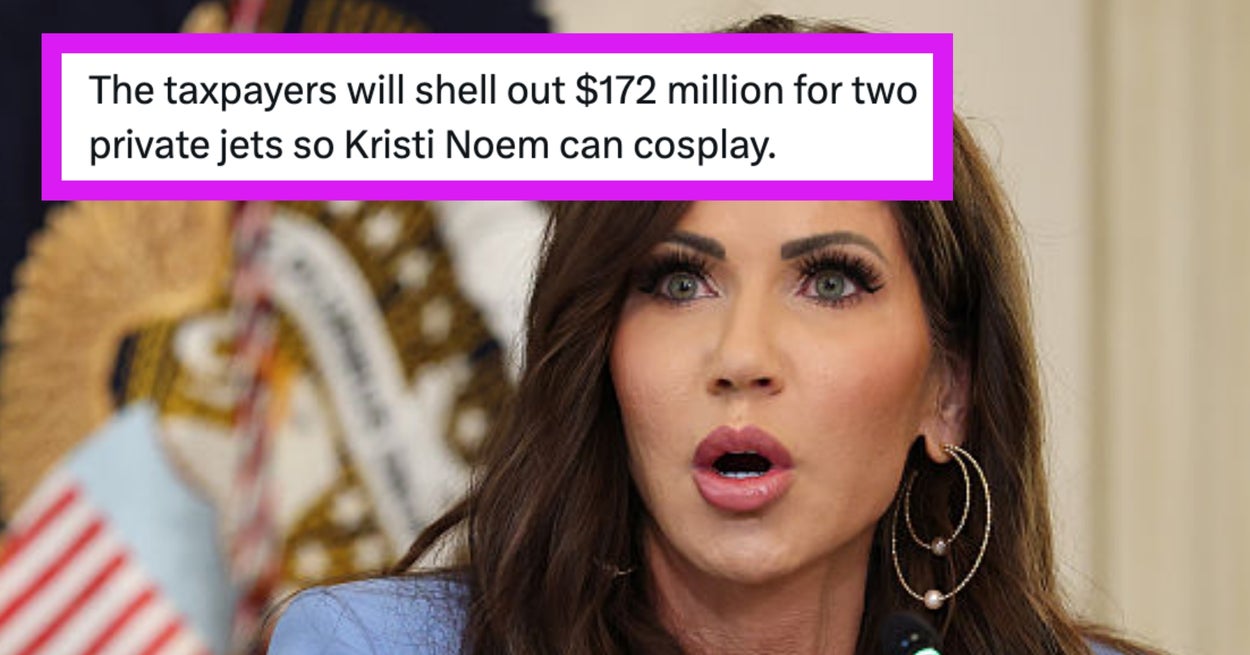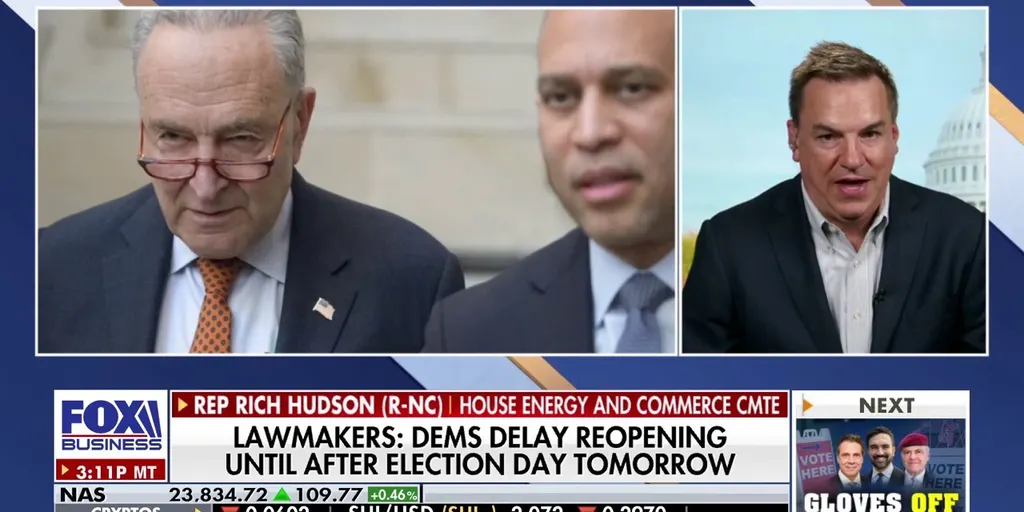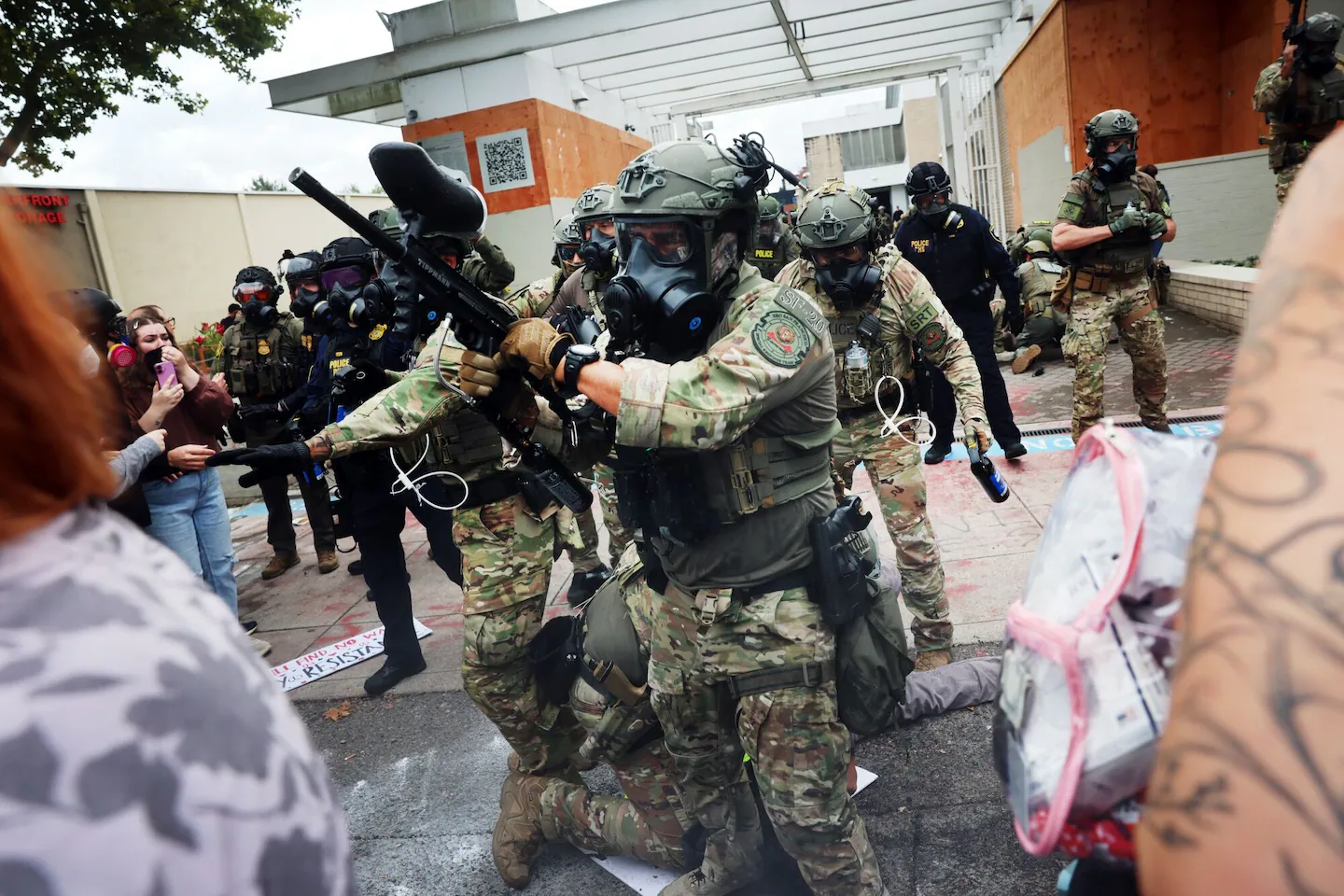Copyright The Boston Globe

Instead, the choice was between Jake Wilson and Willie Burnley, Jr., both at-large city councilors. Each had pitched himself as an answer to voter’s frustrations about what many felt were communication lapses from Ballantyne’s administration, and a sclerotic pace of change. In a progressive and politically active locale, voters have said they expect leaders to act quickly, decisively, and at the cutting edge of municipal politics in Massachusetts, even as the Trump administration has made such places a focus of his retributive second term. Both mayoral candidates were animated by shared progressive politics, as well as a belief that a top priority in Somerville is the rising cost of living in this dense and expensive city. For Somerville resident Marcus Braudis, who works in Boston’s biotech sector, this election day was about addressing housing, which he sees as the city’s biggest challenge. “I think it’s important for everybody to give input into their community,” he said after voting. “If you’re not satisfied with the way things are, you have to vote.” Wilson, the top vote-getter in the September vote, has worked in sports media and communications and is known to parents for having led the city’s popular youth soccer league. While campaigning, the 48-year-old father of two pitched remedies to what he said has been a lack of focus in recent years on the nuts and bolts of city life, with pledges to improve street paving and roadway safety, fill vacant roles at City Hall, and tackle the never-ending battle with the rodent population. “We have basic city services that continue to decline in quality despite a budget that has more than doubled over the last 12 years,” he said in September, “and we have a very frustrated population that loves our city, but comes away from interactions with the government here feeling not heard and not helped.” He had also emphasized his background in management. “I have an executive administrative mind,” Wilson said during the campaign, touting his experience “leading an organization, getting a budget approved, and managing people.” Burnley, a Democratic socialist and agile legislator on the city council, promised to be a voice for people facing displacement as rents and home prices rise. He, like most Somervillians, rents. He would also be the city’s first Black mayor, its first to identify as queer and polyamorous, and, at just 31 years old, one of its youngest. He made commitments on the campaign trail to start an office of social housing, which he said would be among the first of its kind in the country, and committed to meet a goal set by the local teachers’ union to increase the schools budget by millions. “We have to know where our values lie and be willing to, frankly, move Heaven and Earth to comply with them,” Burnley has said. “I’m willing to commit to funding our values and our priorities right now.” His campaign had the support of one Massachusetts political heavy hitter, US Senator Ed Markey, who endorsed him in October. Burnley in the past worked on Markey’s campaign as an organizing director, and also earned the senator’s endorsement during his 2021 run for city council. He was also backed by Somerville YIMBY, or yes-in-my-backyard, a vociferously pro-new housing group that is the local arm of a movement gaining influence in area cities. Whoever wins will inherit control of a city with much at stake. There are vast new developments reshaping the streetscape, a possible budget crunch looming, and the job of defending a city whose self-identification as a “sanctuary city” puts it at odds with a federal government bent on making an example of such places and targeting immigrants in their midst for deportation. In Somerville, residents have been so dismayed by increases in Immigration and Customs Enforcement activity that they have taken to gathering on the street during ICE deployments, and even elected officials have been seen following and confronting agents. More than 30 people had been detained by federal immigration authorities in Somerville as of this fall, city officials said in September. Quality-of-life concerns here will also be a hurdle for the new mayor. Among them is homelessness in Davis Square, where residents here say a surge in the number of people gathering, many with mental health and substance use issues, is pushing the neighborhood to a breaking point. Questions about how to respond loomed large in the mayoral campaign and was recently the subject of a citywide hearing that packed a nearby church. Both candidates say the city needs more shelter beds and supportive housing to address some root causes of homelessness and drug addiction, while also noting the crises are playing out regionally, not just in Somerville. Voters will also be listening closely for improved communication from City Hall, after some criticized the current mayor, whose term lasts through the end of the year, for not being accessible. Wilson’s pledge to fix things includes weekly office hours; Burnley promises to spend more time than his predecessor meeting people in person as they go about their lives. Elsewhere on the ballot, voters in Somerville were weighing how to reshape the city council, as well as the way the city runs. There were two contested seats at the ward level, including a race between two candidates vying to fill a seat vacated by councilor Judy Pineda Neufeld, the former city council president who resigned earlier this year. Burnley and Wilson’s city council seats were also up for grabs, with eight candidates running to fill the board’s four at-large slots. Somervillians were also weighing three ballot questions. One would increase the length of the term for mayors to four years. If approved, the change would take effect in 2027 and wouldn’t apply to this mayor, who will serve a two-year term. Another asks whether to adopt a new city charter, and another is a controversial, non-binding Israel divestment question. Boston Globe correspondent Sadaf Tokhi contributed reporting.



